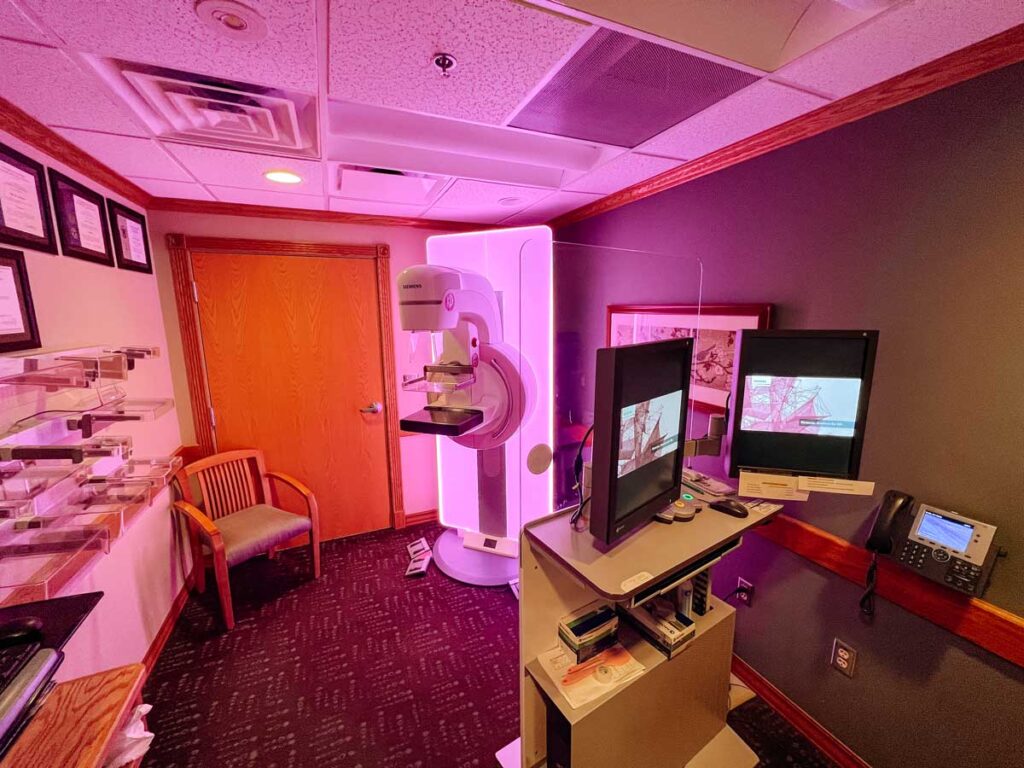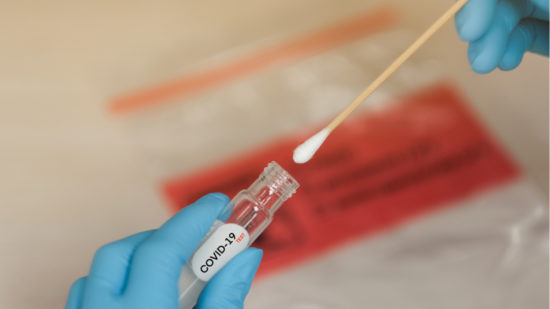Talk about a full house! If you’ve suddenly found yourself and your children stuck at home, find productive and healthy ways to fill the time.
Unplug and Connect
Children spend on average almost 49 hours per week with media. Many adults spend 11 hours a day with media. Reducing the amount of time your child or teen (and you) spends with media will have a positive lifestyle impact. Take this time to reconnect as a family rather than increasing screen time.
Here are some ideas to make the most of your family time at home:
Family Meals
Gathering around the table to eat as a family has all kinds of benefits. Family meals allow parents to be role models who create a supportive environment that promotes healthy eating.
Family meals don’t just mean better nutrition. Children of families who regularly eat together also are more likely to have higher intakes of fruits and vegetables and have a healthy weight and are less likely to have behavior problems or use drugs, cigarettes or alcohol when they get older. Plus, they’re closer to their parents.
Keep meals simple and make extra so you can reheat leftovers later in the week for a quick family meal. Ingredients you can use for more than one meal can be a major time saver. Instead of making just three chicken breasts, consider making six. This way, you can use the extras in other dishes such as chicken salad or fajitas.
Get the Kids Cooking
When you’re preparing family meals, get the kids involved!
Here are some ideas depending on your child’s age and ability:
- Three to five-year-olds: mix together simple ingredients, snap green beans, tear lettuce for a salad, press cookie cutters
- Six to seven-year-olds: peel raw fruits and vegetables, shuck corn, use a vegetable peeler, crack eggs, measure ingredients
- Eight to nine-year-olds: use a can opener, juice citrus fruits, check the temperature of foods with a thermometer, beat eggs, pound chicken on a cutting board
- Children ages ten and older: slice or chop vegetables, boil potatoes, microwave foods, bake foods in the oven, simmer ingredients on the stove
Start slow and give your child time to master each task.
Make family meals even more fun by letting your child choose nightly themes and menus. Or switch things up by taking it from the table to the floor – put a blanket on the ground to have an indoor picnic!
Food Safety
When involving your kids in the cooking, keep the family healthy by practicing proper food safety.
Start by washing hands with soapy water for at least 20 seconds (about the time it takes to sing two choruses of “Happy Birthday”). Dry hands with disposable paper towels, clean cloth towels or air dry. If anyone has long hair, be sure to put it back in a ponytail.
Wash surfaces, cutting boards, dishes and cooking utensils with hot soapy water after each use to prevent bacteria from spreading throughout the kitchen. Rinse produce under running tap water, no soap required. Avoid washing seafood, meat, poultry or eggs as this can cause more bacteria to spread.
Teach kids not to lick their fingers when preparing food and not to eat raw ingredients.
Spring Cleaning
While the kids are at home and helping in the kitchen, lessen your stress by having them help with some much-needed spring cleaning!
Wipe down countertops and all kitchen surfaces such as appliances, cutting boards and utensils. Remember to check the refrigerator and freezer and clean the shelving and drawers where bacteria can hide. Bacteria that can cause foodborne illness aren’t always visible so be sure all surfaces including small crevices are cleaned well. Look for unnoticed spills and remove lingering odors. Wipe up spills and clean surfaces with hot, soapy water and rinse well. Be sure to clean under drawers and edges of glass shelves.
Check that the refrigerator temperature is set to below 40°F.
To keep the refrigerator smelling fresh and help eliminate odors, place an opened box of baking soda on a shelf. Avoid using solvent cleaning agents, abrasives and any cleansers that may impart a chemical taste to food or ice cubes, or cause damage to the interior finish of your refrigerator.
Throw away foods that are losing their quality or have spoiled for both refrigerated and non-refrigerated items in the pantry. What’s the difference between “use by” and “expiration?” “Use by” or “best if used by” date is not a safety-related date. It’s the last date recommended for use of the product at optimal quality. “Expiration” date means don’t consume the product after this date.
Staying Active
Encouraging physical activity can keep spirits up and bodies healthy. Children and teenagers need 60 minutes of moderate to vigorous physical activity every day, or most days – this can accumulate with shorter chunks throughout the day or all at once.
Here are some ideas for keeping the family active:
- If you have a yard, spend time outdoors by playing tag, soccer, or throwing a football or Frisbee.
- Go for a family bike ride or take a walk together.
- While indoors, play interactive video games that require physical activity such as tennis, bowling or baseball. You also can use dance videos and active video games for some physically active television time.
- Play some music and have a family dance party.
- Encourage your children to participate in active outdoor chores such pulling weeds, planting and watering plants, sweeping the walks or cleaning the garage. Make the chores feel fun with upbeat music and be sure to join in to get them done as a family.
Although a sudden change in circumstances can be overwhelming, a slight change in outlook can turn it into an opportunity to bond with your kids.
Source: eatright.org
Contributor: Dawn Hedlund, RDN, LifeCare Registered Dietitian









